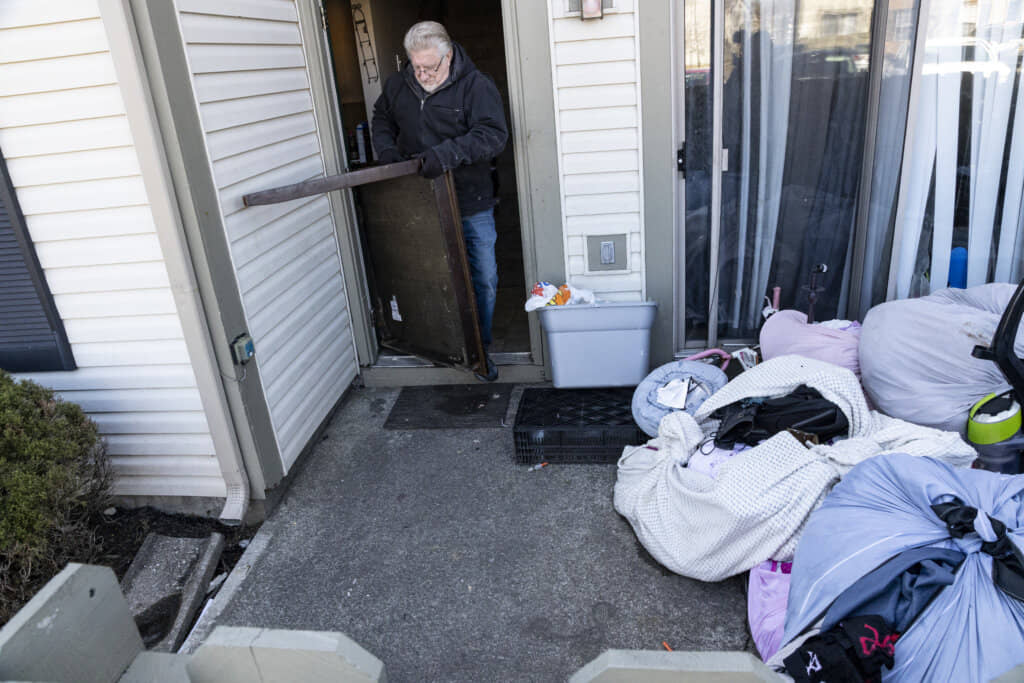Being a landlord means opening up your home to guests, but at what point does a guest become a tenant with full rights in the state of Virginia? In this article, we will explores the laws surrounding a guest's rights as a visitor and examines factors that determine when they transition from being a houseguest to an official tenant under Virginia landlord-tenant law.
When Does a Guest Become a Tenant in Virginia?

In Virginia, a guest can become a legal tenant after staying in the rental property for over 30 consecutive days or whenever an agreement is made between the guest and landlord involving the payment of rent. The payment of rent or an extended stay period are clear indicators under Virginia law that a tenancy has been established versus a temporary guest accommodation.
Related: What Are My Rights As A Tenant?
What are the key differences between a guest and tenant?
The main differences come down to legal rights and obligations. A tenant has a legal right to occupy the property for a set period of time outlined in a lease or rental agreement. They also have protections under landlord-tenant law such as warranty of habitability. On the other hand, a guest simply has permission to stay at the property for a short term without formal rights or obligations.
What factors determine guest or tenant status?
Virginia considers multiple factors such as duration of stay, payment of rent, level of control over the property, and the intentions of the occupant. If an individual exhibits behaviors more closely aligned with those of a tenant rather than guest, like an extended stay or control of the property, a tenancy may be found to exist.
Is payment of rent enough to create tenancy?
Payment of rent on its own is enough to establish a tenancy, even without a formal lease agreement in Virginia. Any payment or provision of non-monetary compensation in exchange for occupying the property places rights and responsibilities on both parties similar to a conventional landlord-tenant relationship.
What are a tenant's rights in Virginia?
Some key rights tenants have in Virginia include the right to safe and habitable housing, protection from unlawful eviction or discrimination, access to basic utilities during their tenancy, and the ability to withhold rent if repairs are needed to remedy uninhabitable conditions caused by the landlord.
How does a landlord legally evict a tenant?
Virginia landlords are required to use the unlawful detainer process to legally evict a tenant. This involves filing a court summons for failure to pay rent or other lease violation, scheduling a hearing, and if granted, obtaining a written eviction order before removing a tenant's property. Self-help or forceful evictions are prohibited.
Can a landlord enter a tenant's rental property?
Yes, but only with proper notice. Virginia law requires landlords to give tenants at least 24 hours written notice before entering a rental property, except in emergency repair situations affecting health/safety. Landlords are also limited to only reasonable access hours between 8:00 a.m. to 8:00 p.m. daily.
What are some tips to avoid accidental tenancy?
Key recommendations include having guests sign documentation stating they are not tenants, setting a clear end date for their stay, avoiding direct rent collection, keeping utility meters separate, restricting guest control over the property, and not allowing guest stays to surpass 30 consecutive days without an agreed-upon extension.
Can a guest unknowingly become a tenant?
It is certainly possible, which is why it's so important for landlords to pay attention to the various factors that can inadvertently create a tenancy under Virginia law over time. Actions like regularly collecting rent, exchanging keys, or giving a guest indefinite living privileges without proper paperwork leaves room for a claim of established tenancy rights.
What should a landlord do if an existing guest appears to be becoming a tenant?
Landlords who notice signs their guest may be transitioning into a de facto tenant should have a clear discussion with the occupant about expectations and either update the terms through a rental agreement or respectfully request the person find alternative housing. Establishing prompt communication can help avoid later disputes about the guest/tenant status and respective rights of all involved parties.
Conclusion
In conclusion, Virginia landlord-tenant law considers multiple criteria for differentiating guests from tenants. Awareness of factors like continuous stay durations, rent payments, control aspects and others help housing providers understand when casual guests may assume full tenancy rights on the property.





